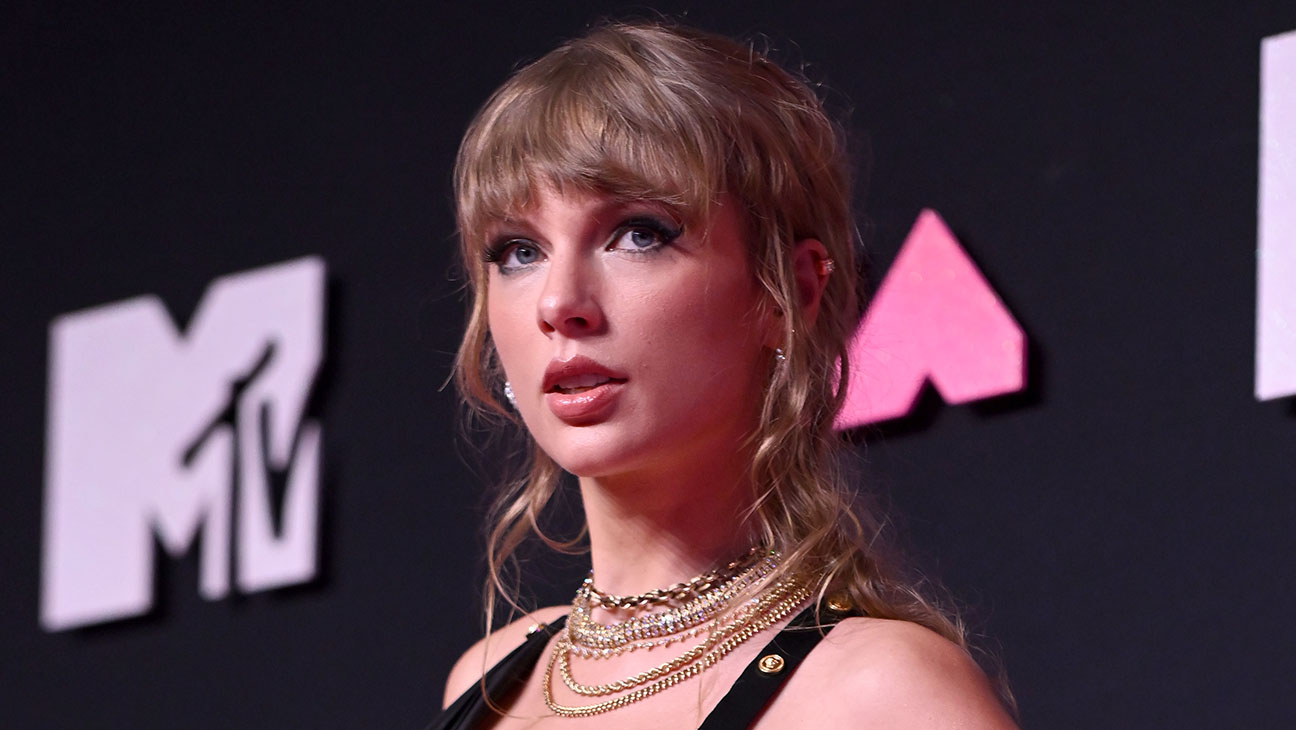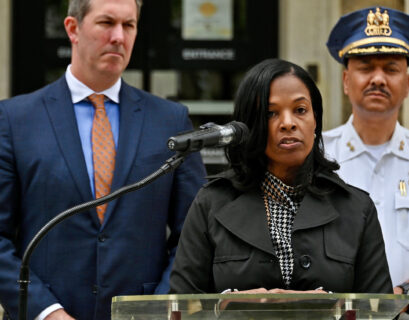The aftermath of the recent dissemination of nonconsensual AI-generated deepfake nude content featuring the renowned pop icon Taylor Swift continues to reverberate. Congressional figures have voiced their concerns, X (formerly known as Twitter) has re-enabled the search functionality for Swift’s name after temporarily disabling it due to the proliferation of these illicit images, and the actors union SAG-AFTRA has condemned the dissemination of such false content, while fans of Taylor Swift, known as Swifties, have retaliated vehemently online.
Subsequently, the focus shifted to uncovering the origins and dissemination of these objectionable images. A particularly widespread fake image of Swift surfaced on X, garnering over 45 million views, 24,000 reposts, and hundreds of thousands of likes and bookmarks. It took 17 hours for the platform, now under the leadership of Elon Musk, to suspend the account responsible for sharing the images, citing a violation of its policies.
The fabricated images depict Swift in compromising poses allegedly captured at Kansas City Chiefs games, events she attended in support of her partner, Travis Kelce.
Reports from 404 Media’s Emanuel Maiberg and Sam Cole traced the circulation of these fake images back to 4chan, a controversial online platform associated with the Q-Anon conspiracy theory, and a Telegram group where users exchange AI-generated celebrity images. Additionally, AI-generated renditions of Swift surfaced on the website Celebrity Jihad, known for sharing leaked private content and deepfakes of celebrities, often presented as satire.
According to 404’s investigation, the images of Swift were not created by superimposing her face onto explicit material but rather generated using a readily available AI tool, allegedly Microsoft’s Designer. Users on 4chan and Telegram reportedly shared techniques to bypass Microsoft’s safeguards against generating explicit content.
Microsoft responded to inquiries regarding the misuse of their tool, emphasizing their commitment to safety and respect for all users. The company stated that they are enhancing their safety measures to prevent the misuse of their services for creating such objectionable content.
Amidst the online furor surrounding the fake images, the account @Zvbear emerged as a key player in disseminating the content, subsequently setting its profile to private. Efforts to curb such abuses are underway, with Rep. Joe Morelle proposing legislation to criminalize the nonconsensual sharing of digitally altered explicit images.
The White House also weighed in on the issue, urging social media platforms to take responsibility for preventing the dissemination of nonconsensual intimate imagery. Press Secretary Karine Jean-Pierre emphasized the need for stringent enforcement to protect individuals, particularly women, from such violations.
While Taylor Swift and her team have maintained silence on the matter, speculation suggests potential legal action against the perpetrators for the unauthorized and exploitative use of AI-generated imagery without Swift’s consent.










